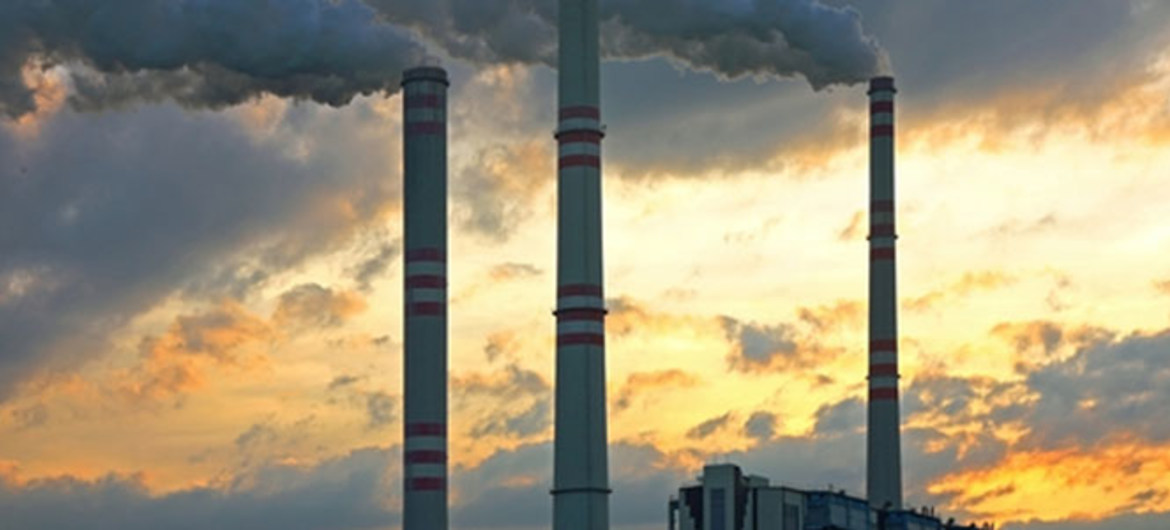
(Photo: UNEP)
New York (People’s Daily) – Carbon dioxide (CO2) emissions rose last year ending a three -year hiatus, according to a report from the United Nations Environment Program (UNEP) released Tuesday. UNEP’s 2018 Global Emissions Report found that global emissions have reached historic levels.
“When governments embrace fiscal policy measures to subsidize low-emission alternatives and tax fossil fuels, they can stimulate the right investments in the energy sector and significantly reduce carbon emissions,” said UNEP Lead Scientist Jian Liu.
The findings underscore the Paris Agreement imperative that aims to ensure global warming remains below 2°C.
The UNEP report follows October’s watershed Intergovernmental Panel on Climate Change (IPCC) report that said emissions had to stop rising immediately if temperature increases were to remain below 1.5°C.
“If the IPCC report represented a global fire alarm, this report is the arson investigation,” said UNEP Vice Director Joyce Msuya.
According to scientific evidence, heat-trapping CO2 gas in the atmosphere is responsible for rising global temperatures.
Total annual greenhouse gas emissions, including from land-use change, reached a record high of 53.5 Gigatons in 2017, an increase of 0.7 compared to the previous year.
The UNEP report stated that global GHG emissions in 2030 need to be approximately 25 percent and 55 percent lower than in 2017 to put the world on a least-cost pathway to limiting global warming to 2°C and 1.5°C.
UN environment protection body stressed that “surging momentum from the private sector” and “untapped potential from innovation and green-financing” offer “pathways” to bridge the emissions gap globally, the “technical feasibility” of limiting global warming to 1.5°C “is dwindling.”
Researchers are now urging nations to triple their efforts on climate action to meet the 2°C-rise limit by mid-century. Some have even said that to meet the 1.5°C limit, they would have to quintuple efforts.
A continuation of current trends could result in global warming at around 3°C by the end of the century, with continued temperature increases to follow, the report also found.


